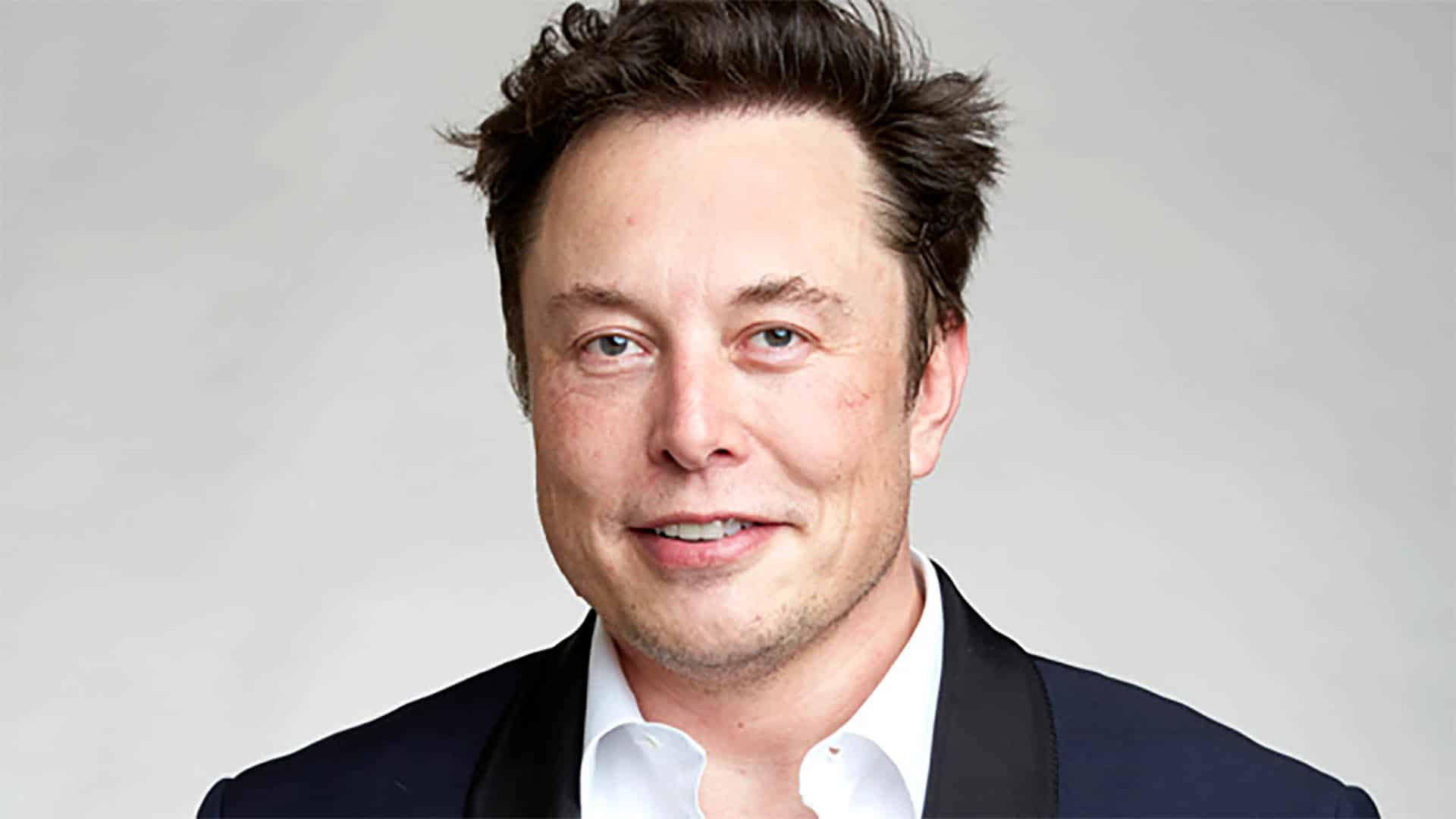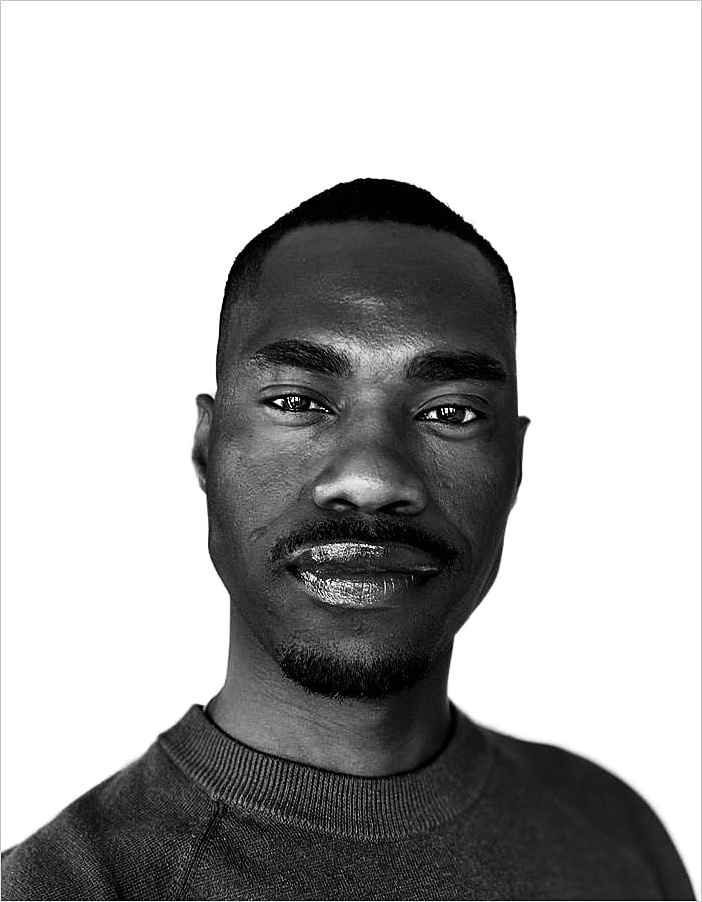Elon Musk’s warning to Donald Trump at Charlie Kirk’s memorial reveals the convergence of tech power, populist politics, and the fragile state of democracy in 2025.

In the soft shadows of a memorial service meant to honor Charlie Kirk — a figurehead for youthful conservative activism — two of the most disruptive voices of the 21st century found themselves under the same roof. Donald Trump, the former president still commanding loyalty from millions, and Elon Musk, the billionaire technologist whose words can swing markets, were not there merely to exchange condolences.
According to those present, Musk leaned in with what was described as a “dire warning.” No cameras rolled, no transcript was taken, but the fact that Musk’s intervention became a story unto itself tells us everything: when technology’s most mercurial innovator and populism’s loudest statesman meet, the conversation is less about memory and more about destiny.
“When Musk speaks, markets react. When Trump speaks, millions vote. Together, they create a new axis of influence — unregulated, unchecked, and dangerously charismatic.”
This editorial examines the blurred lines between technology, politics, law, and culture that converged in that moment. It is not simply about two men. It is about the future of governance, the erosion of civic guardrails, and the uneasy marriage between corporate power and populist politics.

Charlie Kirk’s Turning Point USA grew from a scrappy youth organization into a multimillion-dollar political machine that mainstreamed conservative populism among college students and Gen Z activists. In doing so, it proved that culture — memes, rallies, livestreams — can be weaponized as effectively as legislation.
Kirk himself became a lightning rod, not so much for policy detail but for creating a networked style of politics where influencers, donors, and politicians blend into one another. His memorial, then, was not a neutral occasion. It was a symbolic crossroad for the ecosystem he helped build: one that thrives on convergence between media, money, and populism.
Trump’s presence was expected — he owes part of his youth outreach machinery to Kirk’s network. Musk’s presence was not. Yet it reflects a deeper reality: the line between Silicon Valley disruption and populist mobilization has disappeared.
Musk has long dismissed labels, veering between libertarian, conservative, and progressive depending on the issue. But his acquisitions (notably X, formerly Twitter), his commentary on immigration and regulation, and his growing alliance with right-leaning figures place him at the center of political gravity.
Unlike other CEOs, Musk has embraced political discourse not as a side effect but as a strategy. His platforms amplify narratives. His space ventures align with defense contractors. His car company battles regulators while shaping climate policy.
By entering Trump’s orbit at Kirk’s memorial, Musk sent a signal: the technologist is now also a kingmaker of narratives. His warning to Trump may have been about markets, AI risks, or electoral backlash. But its symbolism lies in the fact that he has the stature to warn a former president at all.
Donald Trump’s genius has never been governance but storytelling. He converts legal woes into fundraising pitches, impeachment into branding opportunities, and even courtroom sketches into memes.
At Kirk’s memorial, Trump was in his natural habitat: a stage where politics is not about legislation but about belonging. For his movement, being seen alongside Musk gave legitimacy — a bridge to the future economy, to innovation, to something bigger than grievance politics.
For Trump himself, Musk’s presence was validation. The mogul whose rockets pierce the stratosphere and whose cars shape highways was now also orbiting his political universe.

Reports described Musk’s message as a “dire warning.” The ambiguity fuels speculation, but three plausible themes emerge:
“In a democracy frayed by disinformation, a whisper between Musk and Trump carries more weight than a congressional hearing.”
What makes the moment unsettling is not the content of Musk’s warning but the context in which it landed. America’s legal, political, and technological guardrails are weak:
In short, when Musk warns Trump, there is no institution strong enough to contextualize, verify, or constrain that exchange.
American memory offers a strange parallel: the O.J. Simpson trial. What began as a legal case became a cultural event, one that blurred law, celebrity, and identity. Robert Kardashian’s presence on O.J.’s defense team symbolized how personal loyalty and public spectacle could bend perceptions of justice.
The Musk–Trump encounter at Kirk’s memorial evokes the same energy: the collision of law, celebrity, and politics. Except this time, the stakes are not a single trial but the future of democratic governance.

Beneath the personalities lies a structural problem: corporations increasingly behave as political actors without accountability. Tech companies shape narratives, energy firms fund candidates, and pharmaceutical giants lobby legislation.
Lawyers, once guardians of order, now navigate this blurred terrain. Some serve as enablers of corporate excess, others as shields for populist figures. The future of law is not neutral. It is about whether legal institutions can resist becoming merely another stage for spectacle.
“The next verdict America awaits may not be in a courtroom but in the court of public opinion, where law and spectacle have merged.”
What happens in a room with Musk and Trump does not stay in America. Global markets track Musk’s words. Foreign populists emulate Trump’s strategies. Emerging democracies watch how America treats its institutions.
If America cannot enforce legal accountability or regulate its technological titans, what signal does that send to Europe, Africa, Asia, and Latin America? The erosion of democratic guardrails in the United States emboldens autocrats worldwide.

The Musk–Trump warning at Kirk’s memorial was not about grief. It was about power. It reveals that the future of democracy may not be negotiated in Congress or courts but whispered between moguls and politicians at private gatherings.
America’s institutions face an existential test: can they resist being sidelined by celebrity-politics and corporate narratives? Or will they become props in a larger spectacle where verdicts matter less than vibes, and governance is outsourced to the wealthy and the loud?
“Democracy survives not when warnings are whispered among the powerful, but when institutions are strong enough that no warning is needed at all.”

Kelly Dowd, MBA, MA, is a Systems Architect, Author of ‘The Power of HANDS’, and Editor-in-Chief of WTM MEDIA. Dowd examines the intersections of people, power, politics, and design—bringing clarity to the forces that shape democracy, influence culture, and determine the future of global society. Their work blends rigorous analysis with cultural insight, inviting readers to think critically about the world and its unfolding narratives.

At the intersection of brain chemistry and human longing, intimacy between men reveals a landscape of vulnerability, reward, and identity. This article delves into how neural circuits, hormonal dynamics, and psychological frameworks undergird male-male intimacy—why it matters, why it unsettles, and why it offers one of the deepest paths to self-knowledge and human connection. By combining neuroscience, endocrinology, and relational psychology, this piece argues that male intimacy is not a peripheral luxury but a core human imperative: a frontier where biology and spirit collide.

AI is reshaping medicine from diagnostic tool to empathic collaborator — a transformation that redefines care, ethics, and the essence of healing itself.

Across alliances, borders, and institutions, power is increasingly exercised without trust. This article examines how legitimacy—not military strength or economic size—has become the decisive variable in global stability, and why its erosion now threatens international order.